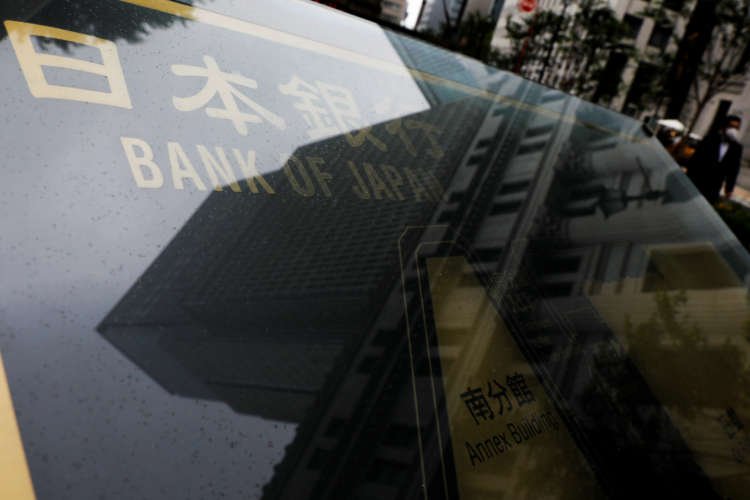Banking
Factbox: What could change under BOJ’s March policy review
Published by linker 5
Posted on March 15, 2021
1 min readLast updated: January 21, 2026

Published by linker 5
Posted on March 15, 2021
1 min readLast updated: January 21, 2026

Explore more articles in the Banking category











